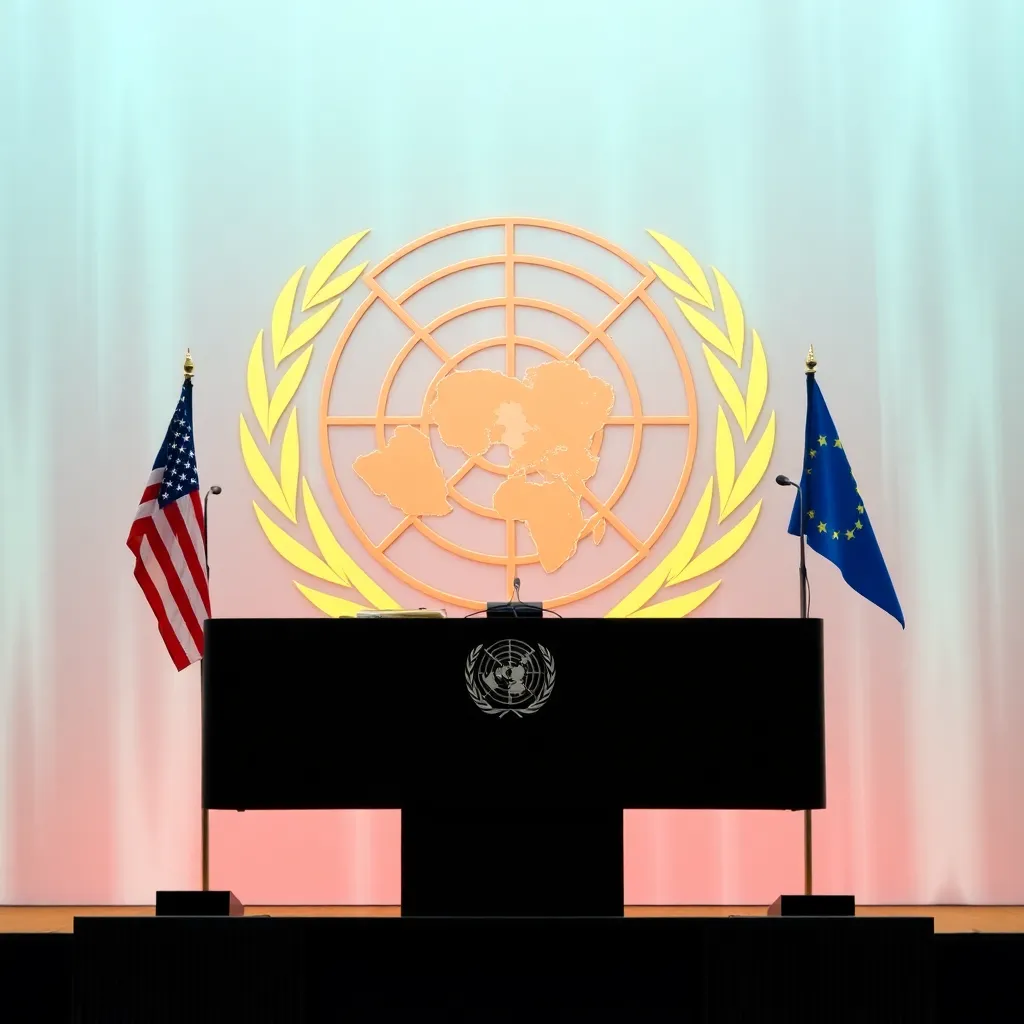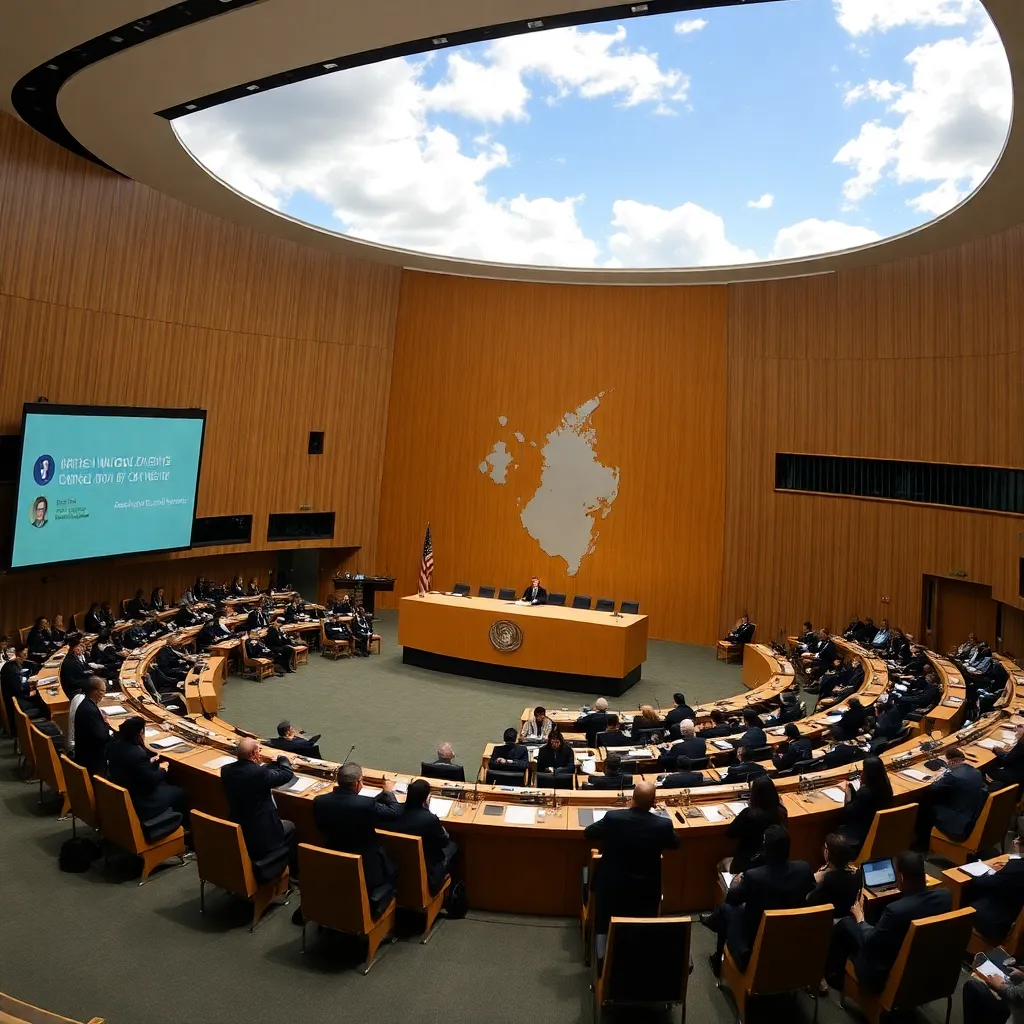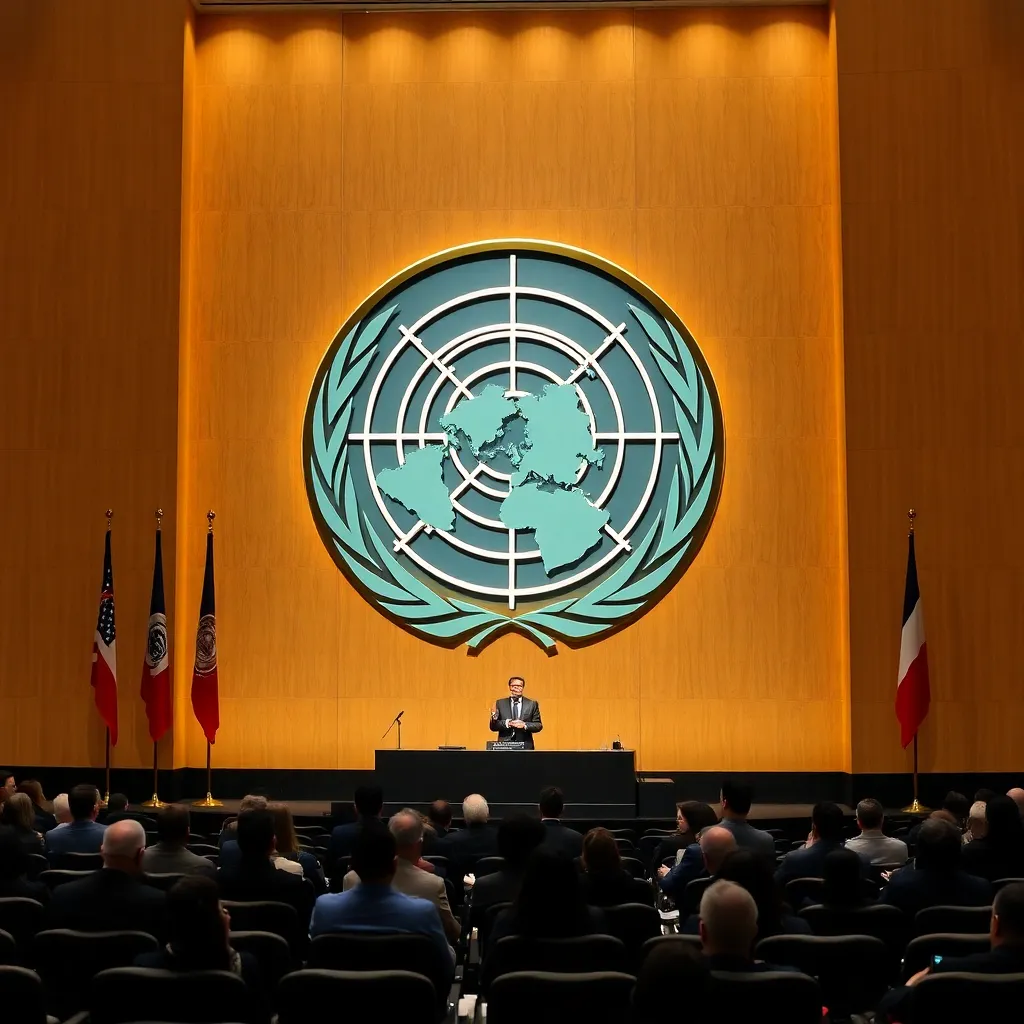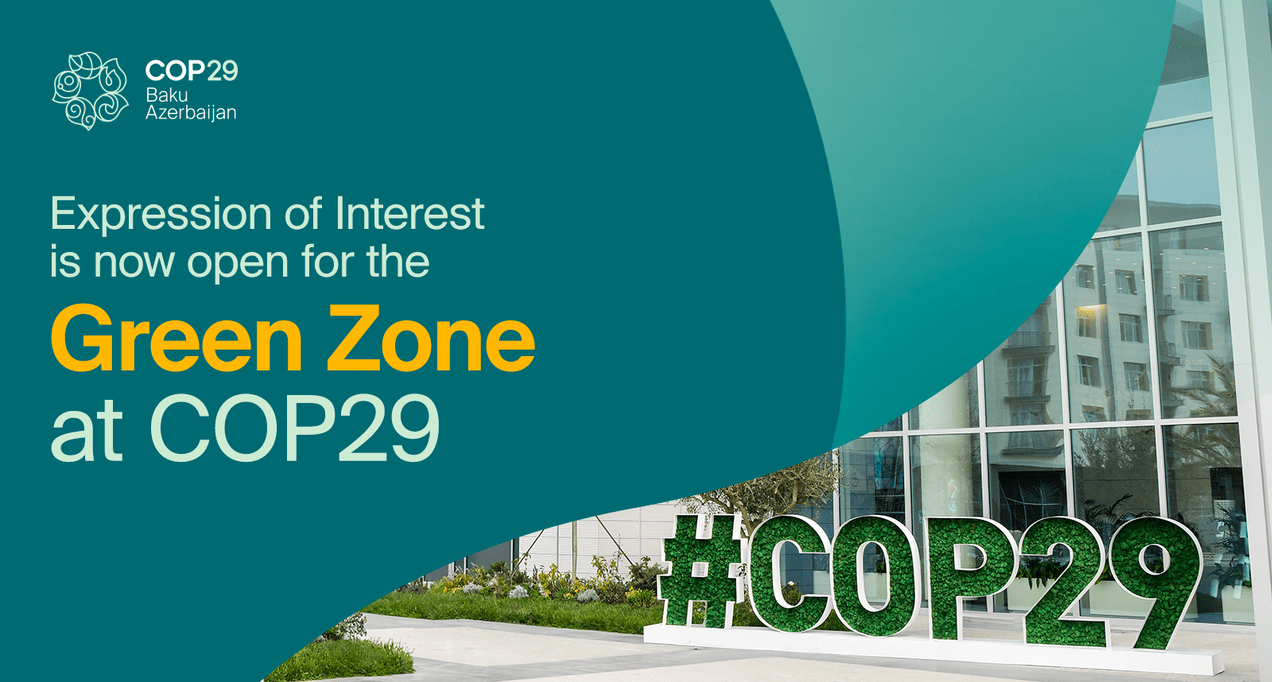United Nations Climate Change Conference: Global Efforts and Key Outcomes Explained Simply

Introduction:
The United Nations Climate Change Conference is one of the most significant global events focused on combating climate change. Every year, leaders from across the world gather to discuss strategies and actions to tackle climate-related challenges and reduce carbon emissions.
This conference, also known as COP (Conference of the Parties), aims to bring countries together to achieve climate goals, explore new technologies, and support policies that protect the environment. In this blog post, we’ll explore what the United Nations Climate Change Conference is, its purpose, and why it matters to our planet’s future.
What Is the United Nations Climate Change Conference?
The United Nations Climate Change Conference is an annual event where leaders, scientists, and activists gather to discuss and find solutions to climate issues. Officially called the COP (Conference of the Parties), this event brings together representatives from almost every country to work on tackling global warming and environmental challenges. Each year, they focus on different goals to address the urgent needs of the planet, such as reducing carbon emissions, halting deforestation, and advancing renewable energy technologies.
This conference is important because it helps countries agree on specific actions to slow climate change. Without these agreements, countries would work independently, which could lead to less effective results. By coming together, they can combine resources, share innovative ideas, and hold each other accountable for reaching climate goals. At the conference, each nation reports its progress and outlines the next steps in their climate action plans. This transparency is key, as it builds trust among nations and ensures that everyone is working toward a common purpose.
For many people around the world, the United Nations Climate Change Conference represents hope. It is a platform where major decisions are made to protect the environment for future generations. People, young and old, look to this conference as a way for leaders to make meaningful changes that can improve the planet’s health. In this way, the conference is not only a gathering of leaders but also a source of inspiration for communities everywhere.

Why the United Nations Climate Change Conference Is Important for the Planet
The United Nations Climate Change Conference is critical for protecting our planet. Climate change is one of the biggest challenges we face, impacting weather patterns, ecosystems, and human lives. This conference is where global leaders come together to address these challenges. By uniting, they can create action plans that have a real impact, helping countries prepare for and reduce climate risks.
One key reason this conference matters is that climate change affects everyone. Rising temperatures lead to severe weather, like hurricanes, droughts, and wildfires. These events are becoming more common, and without coordinated action, they could become even worse. The conference allows countries to share resources, technology, and expertise to fight these effects. By working together, nations can create faster and more effective solutions that benefit everyone, not just individual countries.
Another reason the United Nations Climate Change Conference is essential is that it raises awareness about the importance of climate action. Through this event, countries commit to measurable goals, such as reducing greenhouse gas emissions and protecting natural habitats. This global focus encourages individuals, communities, and governments to support sustainable practices. In doing so, the conference not only promotes environmental change but also inspires a cultural shift towards respecting and protecting nature.

Key Goals of the United Nations Climate Change Conference
The United Nations Climate Change Conference sets essential goals each year to guide the world’s efforts in tackling climate issues. One of the main goals is to limit global warming to below 1.5 degrees Celsius. This target is vital because, if temperatures rise above this level, it could lead to extreme weather events, melting ice caps, and rising sea levels, which threaten coastal areas and small island nations.
Another significant goal is to transition from fossil fuels, such as coal and oil, to cleaner energy sources like wind, solar, and hydroelectric power. Fossil fuels are the primary cause of carbon emissions, which trap heat in the atmosphere and cause global warming. By encouraging countries to adopt renewable energy, the conference promotes a shift towards a cleaner, more sustainable future. This change can reduce pollution, improve air quality, and create green jobs, boosting both the environment and the economy.
The conference also focuses on helping countries that are especially vulnerable to climate impacts. Many developing nations do not have the resources to respond to disasters like floods, droughts, and storms. Wealthier nations at the conference often pledge financial aid to support these countries. This assistance allows vulnerable regions to build stronger infrastructure, prepare for extreme weather, and protect their communities. These goals create a balanced approach to climate action, benefiting both developed and developing nations.

The Impact of the United Nations Climate Change Conference on Global Policy
The United Nations Climate Change Conference has a significant influence on global policy, shaping the way countries approach environmental protection. Through this conference, international agreements, like the Paris Agreement, are created, which commit countries to specific climate actions. The Paris Agreement, for example, is a landmark deal where countries promised to limit global temperature rise to below 2 degrees Celsius, aiming for 1.5 degrees if possible. This goal influences many nations’ policies, pushing them to adopt clean energy, reduce emissions, and promote sustainable practices.
The conference also impacts global policy by setting standards for accountability. Each country is encouraged to track its progress and share results at the conference. This process keeps countries responsible for their promises and allows other nations to offer support or guidance if needed. It also encourages transparency, as countries have to explain their plans and results to the global community. This openness fosters trust and helps nations learn from each other’s successes and challenges.
Additionally, the United Nations Climate Change Conference helps bring attention to pressing environmental issues. Topics like deforestation, ocean pollution, and biodiversity loss are frequently discussed, leading to new policies aimed at protecting natural resources. These policies often influence national laws and local practices, extending the conference’s impact to every level of society. By setting global standards and goals, the conference plays a key role in guiding the world toward a more sustainable future.
Top Takeaways from the Latest United Nations Climate Change Conference
The most recent United Nations Climate Change Conference provided many important insights and updates. One of the top takeaways was the strong commitment to protecting biodiversity. Countries discussed new plans to preserve natural habitats and prevent further loss of animal and plant species. This focus on biodiversity is essential, as healthy ecosystems support clean air, fresh water, and food production, benefiting all life on Earth.
Another major takeaway was the emphasis on adaptation measures. With climate change effects already being felt, countries are looking at ways to prepare for extreme weather events, rising sea levels, and other impacts. The conference highlighted the need for infrastructure improvements, such as building sea walls, creating flood-resistant homes, and developing drought-resistant crops. These adaptation efforts are especially important for communities that are already vulnerable to climate risks.
The conference also underscored the role of youth in driving climate action. Young activists had a strong presence, bringing new ideas and energy to the discussions. Their involvement shows that tackling climate change requires voices from all generations. The conference recognized that young people are essential partners in creating a sustainable future, which will require action for years to come.
How the United Nations Climate Change Conference Affects You and Your Community
The United Nations Climate Change Conference affects individuals and communities worldwide. The decisions made at this conference influence policies that impact our everyday lives, from energy costs to food security. For instance, when countries agree to invest in renewable energy, it can lead to cleaner air and lower energy prices, benefiting both the environment and people’s wallets.
Communities also benefit from the conference’s focus on climate adaptation. Many places are already feeling the effects of climate change, such as increased flooding or extreme heat. The conference encourages countries to take preventive actions, like building stronger infrastructure, improving water management, and planting trees to cool urban areas. These measures can protect homes, save lives, and make communities more resilient.
The conference also brings attention to environmental issues, inspiring local action. Schools, businesses, and individuals often take part in climate initiatives following the conference. For example, communities may organize tree-planting events or clean-up drives, motivated by the conference’s goals. This local involvement makes the conference’s impact more personal, allowing everyone to contribute to the fight against climate change.

Future Goals for the United Nations Climate Change Conference: What’s Next?
Looking ahead, the United Nations Climate Change Conference aims to set even more ambitious goals to combat climate change. Future conferences will likely focus on achieving net-zero emissions, which means balancing the amount of greenhouse gases released with an equal amount removed from the atmosphere. This goal is essential for preventing dangerous levels of global warming and ensuring a safe climate for future generations.
Another future goal is to increase support for climate adaptation in developing countries. As climate impacts worsen, there is a growing need to help vulnerable nations prepare for challenges like rising sea levels and severe droughts. By boosting financial aid, wealthier countries can help build resilience in these areas, reducing the risks of disaster and loss.
Future conferences are also expected to promote new technologies, such as carbon capture and storage, to reduce greenhouse gas levels. These innovations could play a crucial role in the fight against climate change. Additionally, the conference aims to involve more voices, including indigenous communities and youth activists, ensuring that climate solutions are inclusive and effective. These future goals show that the United Nations Climate Change Conference will continue to drive meaningful change for a sustainable planet.
Conclusion
The United Nations Climate Change Conference is a powerful event that brings together countries to work on protecting our planet. It helps leaders make important promises to reduce pollution, support renewable energy, and protect natural habitats. These actions matter because they create a safer and healthier future for everyone, no matter where they live.
By coming together at this conference, countries share ideas and resources to fight climate change more effectively. Even though it’s a big, global event, the changes made there impact us all, from cleaner air to safer communities. With continued efforts, the United Nations Climate Change Conference gives hope that we can all help build a better world.
FAQs
Q: What is the United Nations Climate Change Conference?
A: The United Nations Climate Change Conference is an annual meeting where world leaders discuss and create plans to fight climate change and protect the environment.
Q: Why is the United Nations Climate Change Conference important?
A: It’s important because it brings countries together to set goals and take actions to reduce global warming and climate impacts, helping to create a healthier planet.
Q: Who attends the United Nations Climate Change Conference?
A: Leaders from almost every country, along with scientists, activists, and youth representatives, attend to share ideas and make climate agreements.
Q: What does the conference aim to achieve?
A: The conference aims to reduce greenhouse gas emissions, support renewable energy, protect natural habitats, and help countries prepare for climate impacts.
Q: How does the United Nations Climate Change Conference affect everyday people?
A: Decisions made at the conference can lead to cleaner air, safer communities, and affordable energy, which benefit everyone around the world.
Q: What was the most recent focus of the United Nations Climate Change Conference?
A: The recent conference focused on biodiversity, climate adaptation, and involving youth voices to make climate action stronger and more inclusive.
Q: What are the future goals of the United Nations Climate Change Conference?
A: Future goals include achieving net-zero emissions, boosting support for vulnerable countries, and using new technologies to fight climate change effectively.





